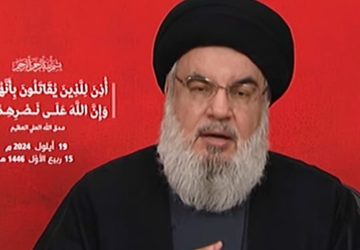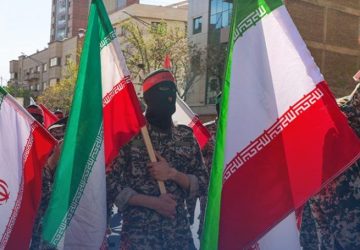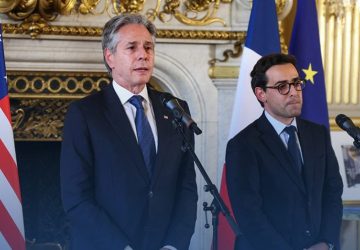UN chief Antonio Guterres called on Friday for two seven-day breaks in the Gaza war to vaccinate more than 640,000 children against polio, which has been detected in the territory’s wastewater.
The UN health and children’s agencies said they had detailed plans to reach children across the besieged Palestinian territory and could start this month.
But that would require pauses in the 10-month war between Israel and Hamas, they said.
“Preventing and containing the spread of polio will take a massive, coordinated and urgent effort,” UN Secretary General Guterres told reporters at the organization’s headquarters in New York.
“I am appealing to all parties to provide concrete assurances right away guaranteeing humanitarian pauses for the campaign.”
The World Health Organization and UN children’s fund UNICEF said they were planning two seven-day vaccination drives across the Gaza Strip, starting in late August, against type 2 poliovirus (cVDPV2).
Last month, it was announced that type 2 poliovirus had been detected in samples collected in Gaza on June 23.
“These pauses in fighting would allow children and families to safely reach health facilities and community outreach workers to get to children who cannot access health facilities for polio vaccination,” the agencies said in a statement.
The Gaza Strip has been polio-free for 25 years and its re-emergence would threaten neighboring countries, it added.
“A ceasefire is the only way to ensure public health security in the Gaza Strip and the region.”
During each round of the campaign, the Health Ministry in Gaza, alongside UN agencies, would provide “two drops of novel oral polio vaccine type 2 (nOPV2) to more than 640,000 children under 10 years of age.”
More than 1.6 million doses of nOPV2 were expected to transit through Israel’s Ben Gurion Airport “by the end of August,” the statement added.
Poliovirus, most often spread through sewage and contaminated water, is highly infectious. It can cause deformities and paralysis, and is potentially fatal. It mainly affects children under the age of five.
With AFP




